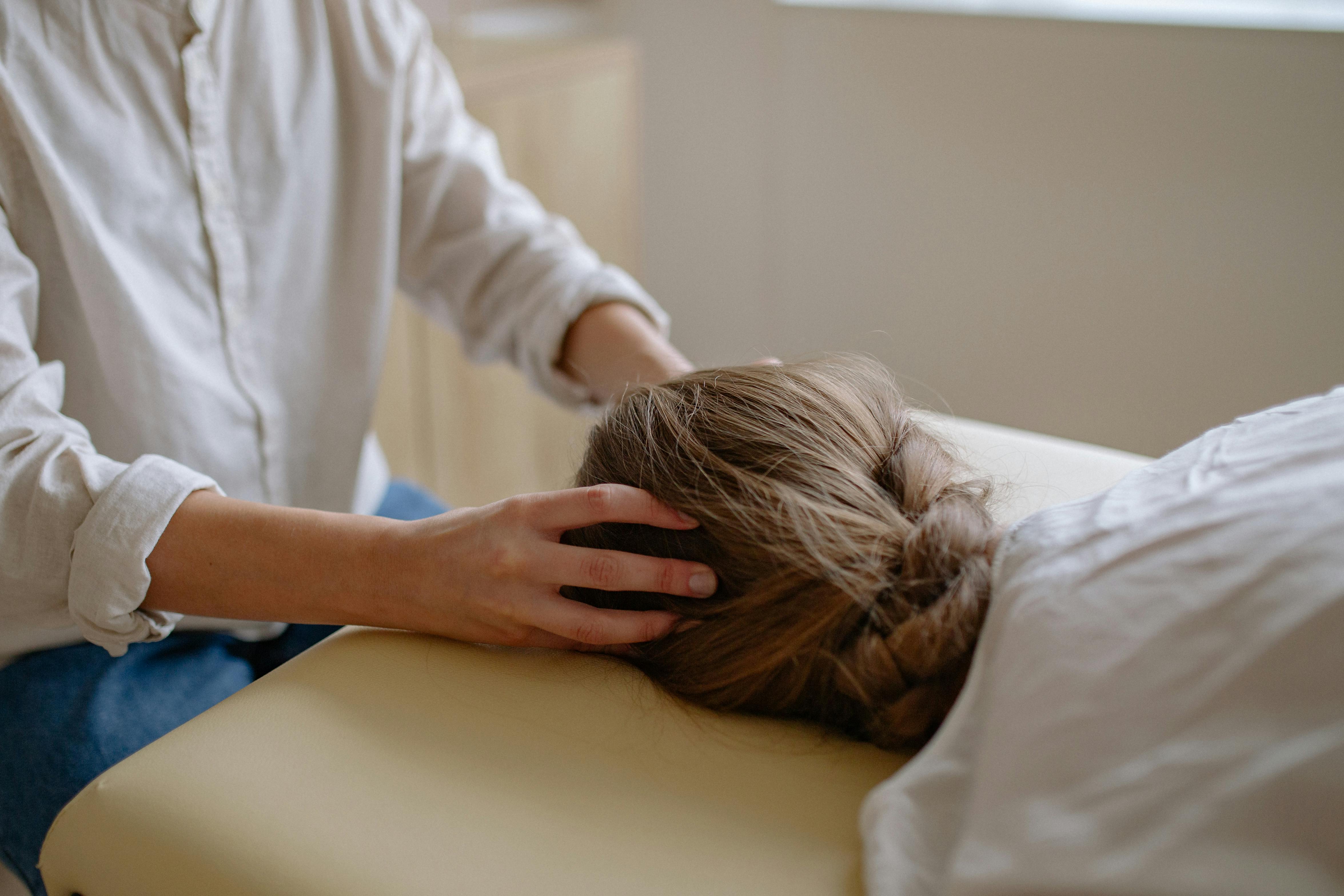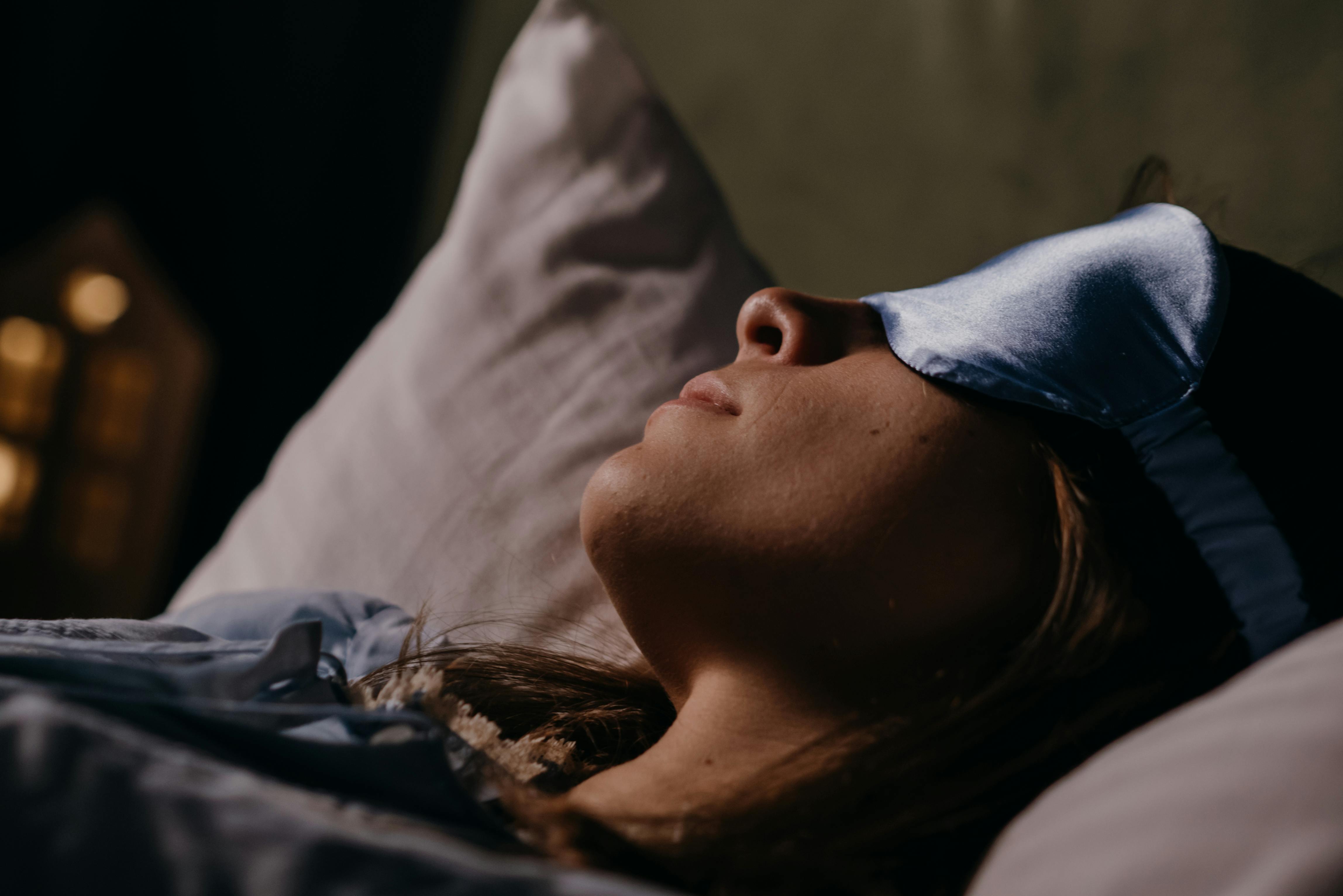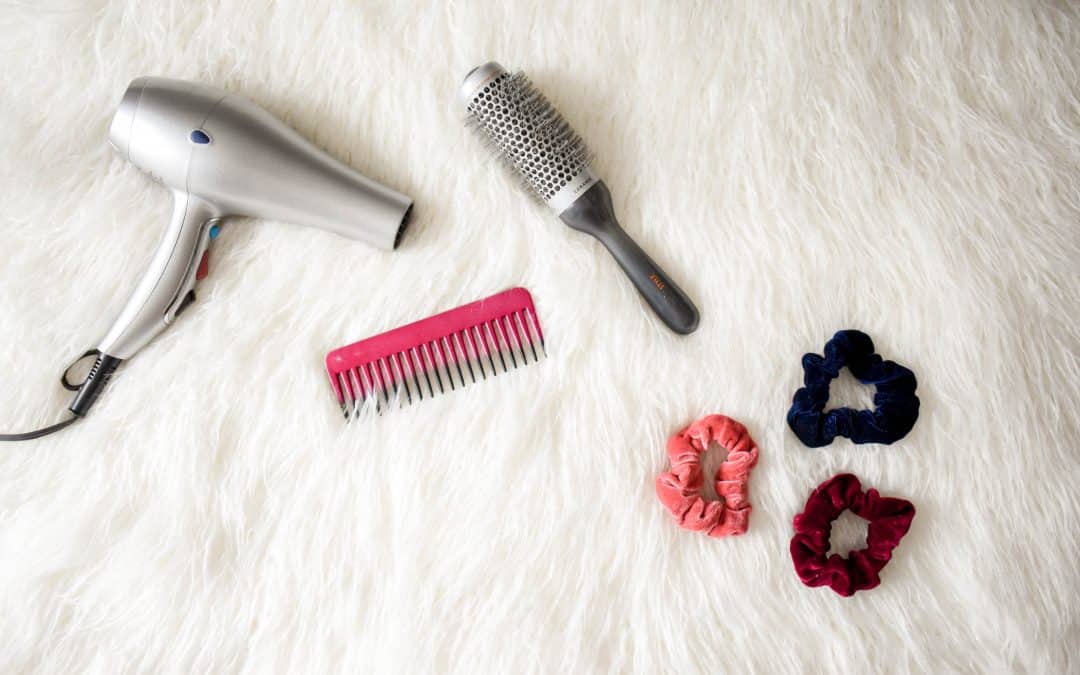Hair loss can be triggered by both aging and genetics. The best therapies for hair loss depend on the underlying reason.
Some people are concerned about their hair loss. Certain habits and therapies may help strengthen or regenerate hair, depending on the reason for hair loss.
This article gives a variety of recommendations on how you may assist your family members experiencing hair loss and some further information and knowledge that may be useful to learn.
Acknowledge and Heed Their Feelings
Since hair loss indicates an alteration in appearance that could influence self-esteem, it can cause intense emotional reactions. Hair may convey a compelling feeling of personal identity in many cultures.
Allow your family members the time and space to express their emotions in a way that feels right. Being present and listening can be effective in making them feel supported.
You may have questions about their situation, such as…do hair toppers damage your hair? Do some research and be considerate of your family members when asking these questions, and support them however you can.

Ensure Practical Assistance
Offer to assist your family members in locating a neighborhood wig clinic if they consider a wig or a comparable option. You can assist them in finding the right sunscreen and skin care products because hair loss can make the scalp more susceptible to sunburn, and treatment can make skin more sensitive to the sun. Discuss available options in your area with your family member’s medical team.

Create New Routines While Preserving Current Relationships
Hair loss can be an outward indicator of one’s diagnosis and treatment experience, and physical changes might make your loved one feel self-conscious. Find out which social settings your loved one would feel most supported in. Soon after hair loss starts, think about spending time with close friends and family in comforting settings because it might also take time for loved ones to get used to physical changes.
Stay Active
Encourage the person you love to practice yoga, meditate, listen to music, or take part in other activities they find enjoyable. People with cancer may feel in control and confident by relying on their regular physical and mental routines, which can also act as outlets for their emotions. Doctors can offer advice on exercise regimens for persons with different degrees of ability to boost self-esteem, strength, and health.

Discuss Joining a Support Group With Your Loved One
Cancer patients can interact with one another in support groups and talk about the similarities and variations in their experiences with the disease. Groups can be helpful for those who are dealing with hair loss and other physical changes because they allow cancer patients and experts to discuss practical coping strategies and offer emotional support. Free in-person, telephone, and online support groups facilitated by qualified oncology social workers are available via CancerCare.

A Scalp Massage
A 2016 small research involving nine healthy males discovered that a regular 4-minute scalp massage by Trusted Source increased hair growth. These results are encouraging. Researchers must examine more extensive samples to assess if scalp massages prevent hair loss.

Consider Using Low-level Laser Treatment
Low-wavelength red light is used in low-level laser light therapy (LLLT), commonly referred to as red light therapy, to promote cell proliferation and cure skin conditions. A small controlled experiment conducted in Korea in 2020 found that LLLT significantly enhanced hair density and thickness in 48 patients with androgenetic alopecia after 16 weeks.

Using Products Containing Caffeine
A 2020 assessment found that caffeine in topical formulations like shampoo and conditioner may be just as good at preventing hair loss as minoxidil. Cell growth and metabolism are both accelerated by caffeine.

Safeguarding Hair as You Sleep
The friction, tangling, and tugging that leads to hair damage can be avoided using a silk or satin pillowcase. Going to bed with wet hair might weaken and damage the strands. Hair is at its most fragile when wet.

Bottom Line
Several possible treatments are available for those wishing to prevent hair loss or restore hair. Each option’s efficacy may differ depending on the reason for the hair loss and the individual.
Before beginning a new hair loss therapy or using supplements, people should see a doctor.


